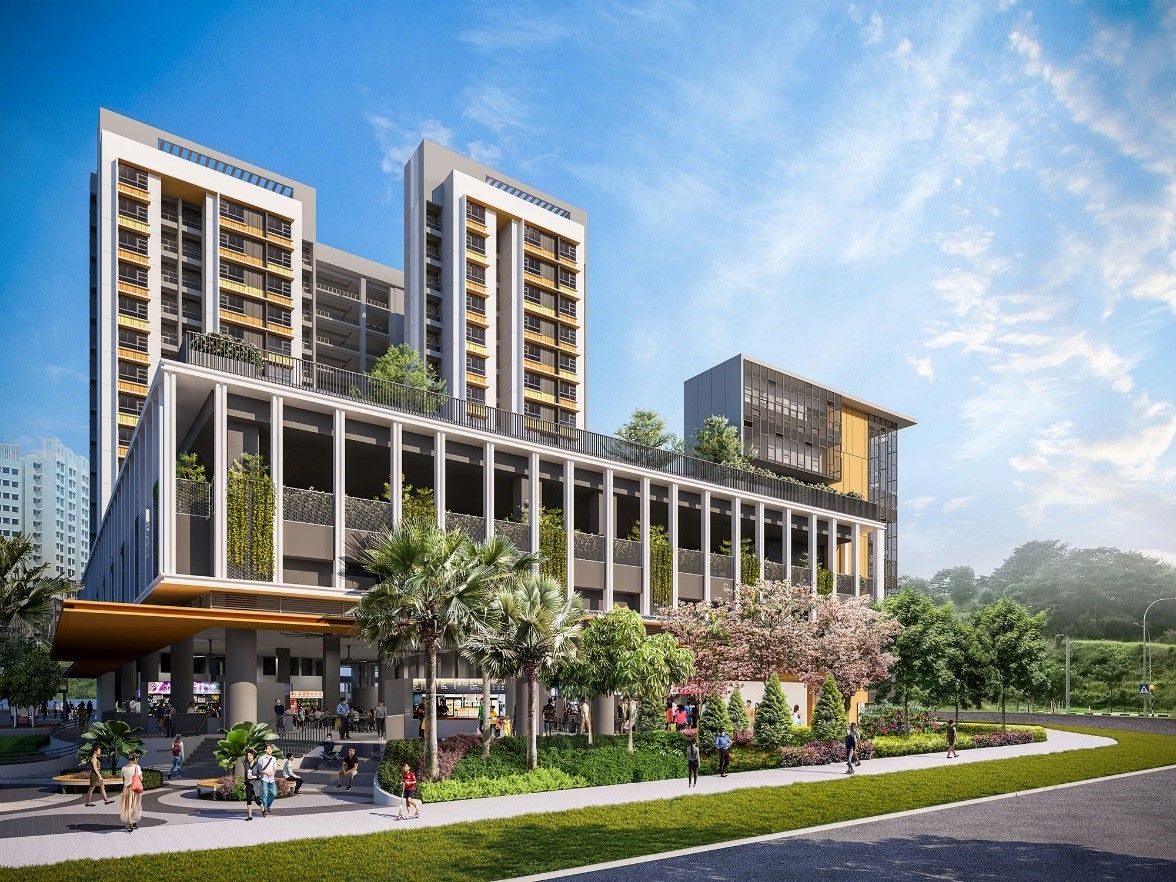Singapore’s
authorities are dedicated to provide sustainable shelter design to its citizens
who are largely dependent on public housing and its is planning to do so by
building a smart urban city.
Yes,
you read it right. In a city where smart homes are still not a complete
reality, the Southeast Asian city state is building a smart ‘eco-town’ of
Tengah which will have 42000 homes, according to a CNN report.
Also Read: Ikea acquires over 10,000 acres of forestland in Georgia to protect it from development
Covering
almost five residential districts, the eco-town of Tengah is going to be
Singapore’s authorities’ 24th new settlement construction since World War II.
According
to the planners, the city will have centralized cooling facilities, automated
trash assortment and a car-free city arrangement, a move which is dubbed as a
blueprint for the economies trying to
tackle carbon emission to an extent by the environmentalists.
In
the words of planners of the Housing & Development Board of Singapore, the
city has been designed with pedestrians and cyclists in thoughts.
As
far the central cooling process is concerned, the designers put the computerised
modeling to use which in turn will simulate wind flow and heat gain across the
town, this would facilitate in diminishing the urban heat island effect as we
know it.
Also Read: Brazilian mining corporation to pay $7 billion in damages for 2019 dam collapse
Urban
heat island effect refers to the phenomena whereby surrounding areas of a
particular habitation grows warmer owing to the human activities and structures
of its habitats.
In addition
to this, smart lights installed in and around the city will be automatically
switched off when public spaces are unoccupied and the trash will be stored
centrally, constantly being detected by monitors.







